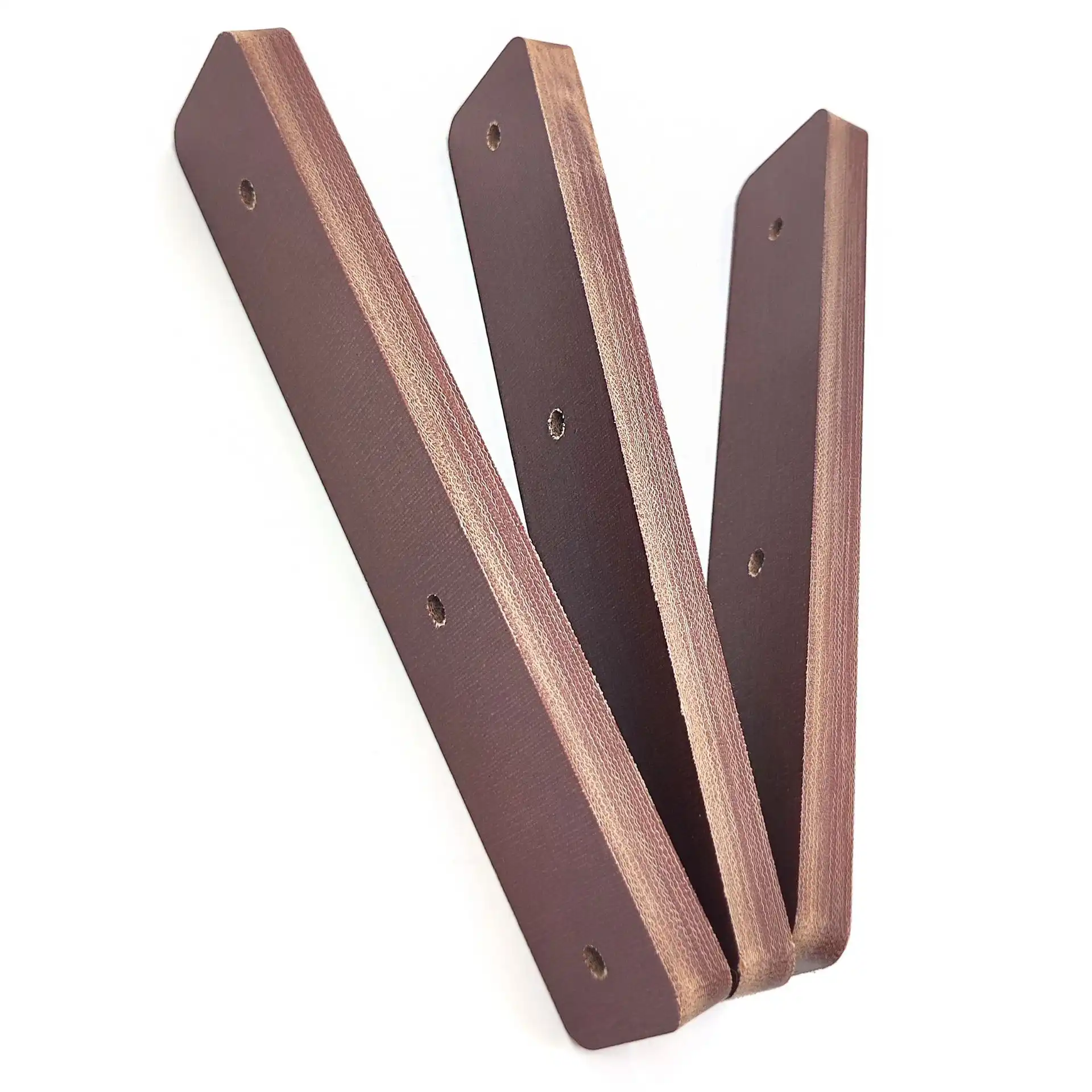Understanding CE Certification for Phenolic Sheets
The Significance of CE Marking
CE phenolic sheet marking signifies compliance with rigorous European health, safety, and environmental protection standards. This certification is crucial for manufacturers and consumers alike, as it ensures the product meets specific performance criteria and can be freely marketed within the European Economic Area. For CE phenolic sheet products, the marking demonstrates that the material has undergone thorough testing and evaluation, verifying its suitability for various applications, including thermal insulation, electrical insulation, and fire resistance.
Key Requirements for CE Certification
To obtain CE certification, CE phenolic sheet products must meet a comprehensive set of requirements. These include thermal performance standards, fire reaction classifications, and durability assessments. Manufacturers must also provide detailed product information and adhere to strict quality control measures throughout the production process. The certification process involves extensive testing by accredited laboratories, ensuring that CE phenolic sheet materials maintain consistent quality and performance across different batches and production runs.
Benefits of CE Certified Phenolic Sheets
CE certified phenolic sheets offer numerous advantages to both manufacturers and end-users. For manufacturers, the certification opens up markets across Europe and enhances product credibility. Users benefit from the assurance of high-quality, safe, and reliable materials that meet or exceed industry standards. CE certified phenolic sheets often demonstrate superior performance in terms of thermal insulation, fire resistance, and longevity, making them an optimal choice for critical applications in construction, aerospace, and industrial sectors.
Innovations in CE Phenolic Sheet Technology
Advanced Manufacturing Techniques
The production of CE phenolic sheets has seen significant advancements in recent years. Cutting-edge manufacturing techniques, such as continuous lamination and precision molding, have enhanced the uniformity and structural integrity of these sheets. These innovations have resulted in phenolic sheets with improved dimensional stability, reduced thermal expansion, and enhanced resistance to environmental factors. The implementation of automated quality control systems throughout the manufacturing process ensures consistent adherence to CE standards, minimizing variations and defects.
Enhanced Material Formulations
Research and development in material science have led to the creation of advanced phenolic resin formulations. These new compositions offer enhanced thermal properties, improved fire resistance, and increased durability. By incorporating nano-materials and specialized additives, manufacturers have developed CE phenolic sheets with superior insulation capabilities and extended service life. These enhancements not only meet but often exceed the requirements set forth by CE certification standards, pushing the boundaries of what's possible in insulation technology.
Eco-friendly and Sustainable Solutions
In response to growing environmental concerns, the industry has made significant strides in developing eco-friendly CE phenolic sheets. These innovative products utilize renewable resources and low-emission manufacturing processes, reducing their carbon footprint without compromising performance. Some manufacturers have successfully incorporated recycled materials into their phenolic sheet production, further enhancing sustainability. These green initiatives not only align with CE certification's environmental guidelines but also cater to the increasing demand for sustainable building materials in the global market.
Applications and Performance of CE Phenolic Sheets
Thermal Insulation in Construction
CE phenolic sheets have revolutionized thermal insulation in the construction industry. Their exceptional thermal resistance properties make them ideal for use in walls, roofs, and floors of both residential and commercial buildings. The low thermal conductivity of these sheets results in significant energy savings, reducing heating and cooling costs. In high-rise buildings and industrial facilities, CE phenolic sheets provide effective insulation even in limited spaces, thanks to their superior insulation-to-thickness ratio. This efficiency not only meets but often surpasses the thermal performance requirements set by CE certification standards.
Electrical Insulation in Industrial Applications
The electrical insulation properties of CE phenolic sheets make them indispensable in various industrial applications. These sheets exhibit high dielectric strength and low electrical conductivity, crucial for preventing electrical breakdowns in high-voltage environments. In switchgear, transformers, and other electrical equipment, CE phenolic sheets provide reliable insulation, enhancing safety and operational efficiency. Their ability to maintain these properties under extreme conditions, including high temperatures and humidity, underscores their compliance with rigorous CE certification requirements for electrical safety and performance.
Fire Safety and Resistance
One of the most critical aspects of CE phenolic sheets is their exceptional fire resistance. These materials demonstrate low flame spread and smoke generation, making them crucial in fire safety applications. In aerospace and maritime industries, where fire safety is paramount, CE phenolic sheets are used extensively for interior panels and insulation. Their ability to maintain structural integrity during fire exposure contributes significantly to passenger safety and property protection. The fire performance of these sheets not only meets CE certification standards but often exceeds them, setting new benchmarks for fire safety in insulation materials.
Conclusion
CE phenolic sheets have established themselves as a cornerstone in the world of insulation materials, consistently meeting and surpassing certification standards. Their versatility, coupled with ongoing innovations in manufacturing and material science, ensures their continued relevance across diverse industries. As environmental concerns and energy efficiency become increasingly important, the role of CE phenolic sheets in sustainable construction and industrial applications is set to grow. By adhering to and often exceeding CE certification requirements, these materials not only guarantee quality and safety but also drive progress in insulation technology, paving the way for more efficient, sustainable, and reliable solutions in the future.
Contact Us
For more information about our CE phenolic sheets and how they can benefit your projects, please contact us at info@jhd-material.com. Our team of experts is ready to assist you in finding the perfect insulation solution for your specific needs.






